By Film Noir Blonde and Mike Wilmington
The Noir File is FNB’s guide to classic film noir, neo-noir and pre-noir from the schedule of Turner Classic Movies (TCM), which broadcasts them uncut and uninterrupted. The times are Eastern Standard and (Pacific Standard).
PICK OF THE WEEK: François Truffaut Film Noir on Fridays
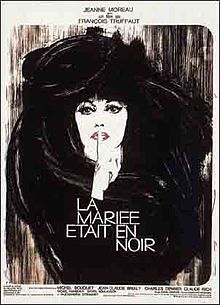 As a movie loving juvenile delinquent – the life that he later fictionalized in “The Four Hundred Blows” – the young François Truffaut was an aficionado of all kinds of movies.
As a movie loving juvenile delinquent – the life that he later fictionalized in “The Four Hundred Blows” – the young François Truffaut was an aficionado of all kinds of movies.
But his favorite genre was film noir. Truffaut, the “most feared” French film reviewer of the ‘50s, star critic of the famed film magazine Cahiers du Cinema and an international directorial sensation after he premiered “Four Hundred Blows” at the Cannes Film Festival, was a noir devotee. He especially liked films made by director-auteurs like Alfred Hitchcock, Fritz Lang, Orson Welles, Max Ophuls and Nicholas Ray.
Truffaut was also partial to the genre as a moviemaker. He made all kinds of movies himself, mostly romances in various keys, but he was obviously very inspired by the dark side of cinema.
He adapted two noir novels by Cornell Woolrich, one by Charles Williams and one by David Goodis (“Shoot the Piano Player”), giving each of them his special romantic spin. Tonight on TCM’s Friday Night Spotlight, David Edelstein looks at the work of this influential filmmaker.
“The Bride Wore Black” (1968, François Truffaut). Friday, July 12: 8 p.m. (5 p.m.). One of Truffaut’s favorite actresses, Jeanne Moreau (“Jules and Jim”) is at her most sullenly sexy and mercurial here. Moreau plays Julie, a bereaved bride in black whose husband was unintentionally killed by five men, all of whom she intends to track down and murder. The men include those splendid French film actors Jean-Claude Brialy, Claude Rich, Charles Denner, Michel Lonsdale and Michel Bouquet. The music is by Hitchcock’s maestro of terror Bernard Herrmann. The source is one of Cornell Woolrich’s best known novels.
“Confidentially Yours” (1983, François Truffaut), Friday July 12: 10 p.m. (7 p.m.). Jean-Louis Trintignant is a businessman suspected of murder, hiding from the flics. Fanny Ardant (Truffaut‘s last lover) is his smart, love-bitten secretary, who is trying to find the real murderer. The plot may sound like Woolrich’s “Phantom Lady,” but the treatment is light and comic, like a “Thin Man” movie. Based on Charles Williams’ novel “The Long Saturday Night.”
“Mississippi Mermaid” (1969, François Truffaut). Friday, July 12, 12 a.m. (9 p.m.). Jean-Paul Belmondo and Catherine Deneuve are a plantation owner and his mail order bride, who get involved in murder and become lovers-on-the-run. Strange casting for two of the sexiest French stars, but the movie grows on you. It’s adapted from a first-rate Cornell Woolrich novel, “Waltz into Darkness,” which would have been a much better title for the movie.
“Such a Gorgeous Kid Like Me” (1972, François Truffaut). Friday, July 12, 2:15 a.m. (11:15 p.m.). A saucy, dark little comedy about the romance of an unrepentant murderess named Camille Bliss (played by Bernadette Lafont, who’s wonderful) and a smitten sociology student named Stanislas (Andre Dussollier), who wants to figure her out. (Fat chance.) The men Camille entices are Charles Denner, Philippe Leotard, Claude Brasseur and Guy Marchand.
“Shoot the Piano Player” (1960, François Truffaut). Saturday, July 13, 4 a.m. (1 a.m.). With Charles Aznavour, Marie Dubois and Nicole Berger. Reviewed on FNB June 13, 2013.
Saturday, July 13
7:30 a.m. (4:30 a.m.): “No Orchids for Miss Blandish” (1948, St. John Legh Clowes). With Jack La Rue and Linden Travers. Reviewed on FNB October 6, 2012. [Read more…]
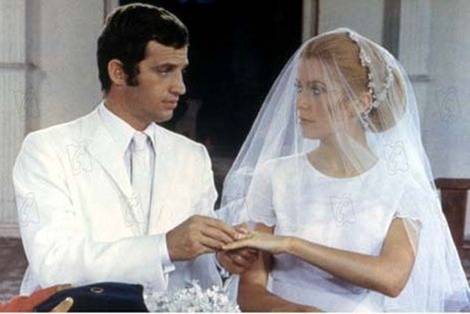





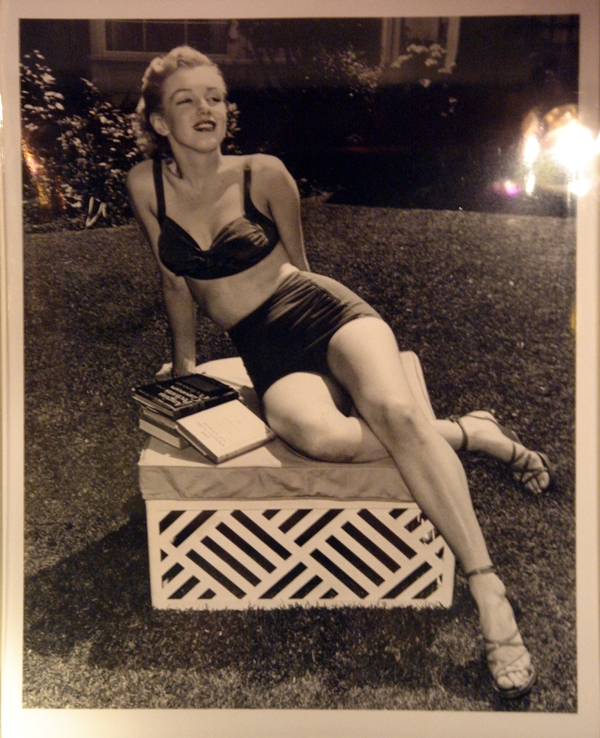
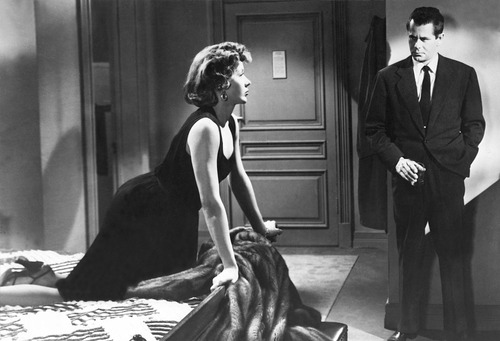
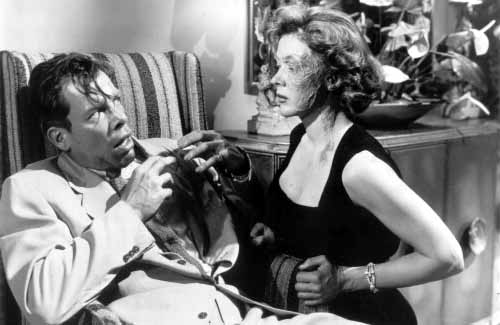
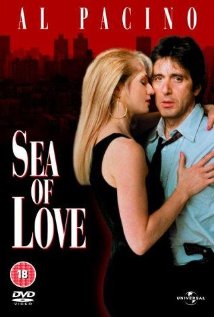
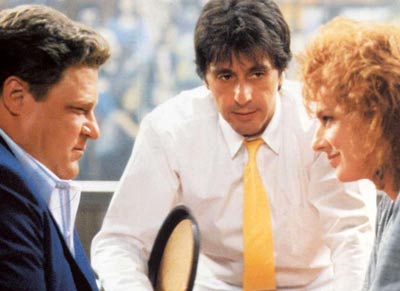






From FNB readers